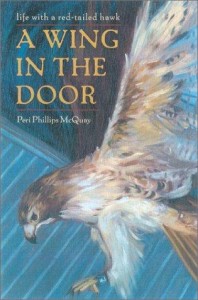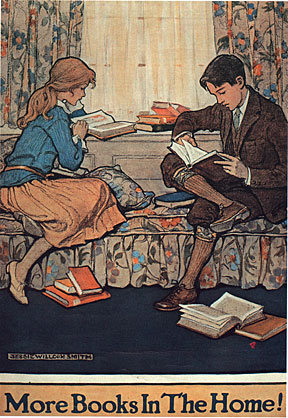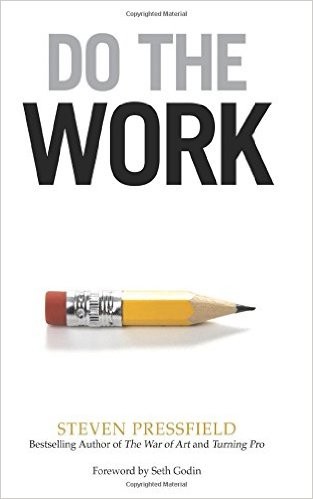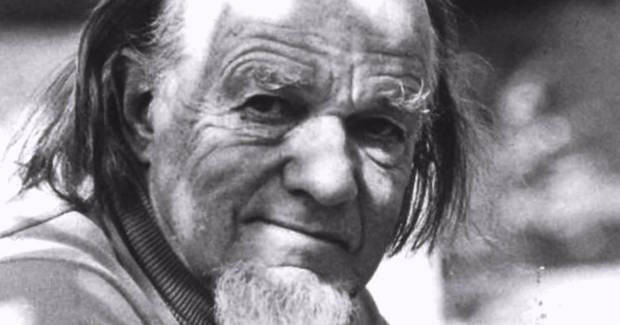A Wing in the Door
 A Wing in the Door by Peri Phillips McQuay is by turns a beautiful and a frustrating book. It narrates the fate of a female red-tailed hawk taken illegally by a would-be falconer from her nest when only a month old. The hawk — named Merak — is confiscated by Canadian authorities and kept at a rehab for awhile to be “untamed,” then released at a conservation center. McQuay and her husband, a naturalist at the center, live on site and observe the bird over the next several years.
A Wing in the Door by Peri Phillips McQuay is by turns a beautiful and a frustrating book. It narrates the fate of a female red-tailed hawk taken illegally by a would-be falconer from her nest when only a month old. The hawk — named Merak — is confiscated by Canadian authorities and kept at a rehab for awhile to be “untamed,” then released at a conservation center. McQuay and her husband, a naturalist at the center, live on site and observe the bird over the next several years.
At first there is some question whether Merak has been humanly imprinted, but it doesn’t take long to see that she has been. Her antics are both heart-breaking and humorous: building a nest on the front porch to lay her yearly eggs (always infertile, because she never mates); sparring with cats and dogs; finding various ways to communicate her moods to her human caretakers. For that is what the McQuays become, even though the original intent was to usher the hawk back into wild living. She proves permanently damaged — McQuay often uses phrases like “essentially infantile” — by her early contact with humans.
McQuay’s writing is beautiful. Her response to nature is poetic, and she finds many ways to infuse the narrative with interesting information about red-tails from her ongoing research. I found much of the material fascinating and could relate to many of McQuay’s perspectives on nature.
What was frustrating, though, was the co-dependent relationship the McQuays seem intentionally to preserve with Merak. It is clear early on that the hawk can hunt for herself. I couldn’t understand why they kept providing her with mice and (in winter, when she refused to migrate) muskrats from local trappers. It would have been more responsible to leave Merak completely on her own for a time to establish whether she could provide for herself, and, if she couldn’t, then keep her captive for use in the center’s educational programs. Our local nature center has several hawks that are not able to live in the wild, and they are licensed to keep them and provide for them, offering them some quality of life as well as protection.
Instead, the McQuays persist in providing food for the hawk as well as interposing themselves in other ways. Parents who never let their growing children make any decisions or experience any consequences on their own will be left with an unhappy, demanding human ill-equipped for life. In the same way, the McQuays end up with a moody hawk who looks upon them as her tribe, responsible for providing for her needs, and sharing her territory. By the end of the story they at last begin withholding food, and the hawk becomes more independent. (Even after Merak learns to supply her own food, McQuay’s husband interferes on one occasion by knocking a wild rat snake out of the hawk’s talons. ???) But she will never be wild, and she never learns how to relate to other hawks. It was hard not to feel that the McQuays were complicit in the unfortunate long-term results of the original crime against Merak.





One Comment
Barbara H.
Definitely complicit. I can understand their developing an affection for her and wanting to keep her around, but she wasn’t meant to be a pet.